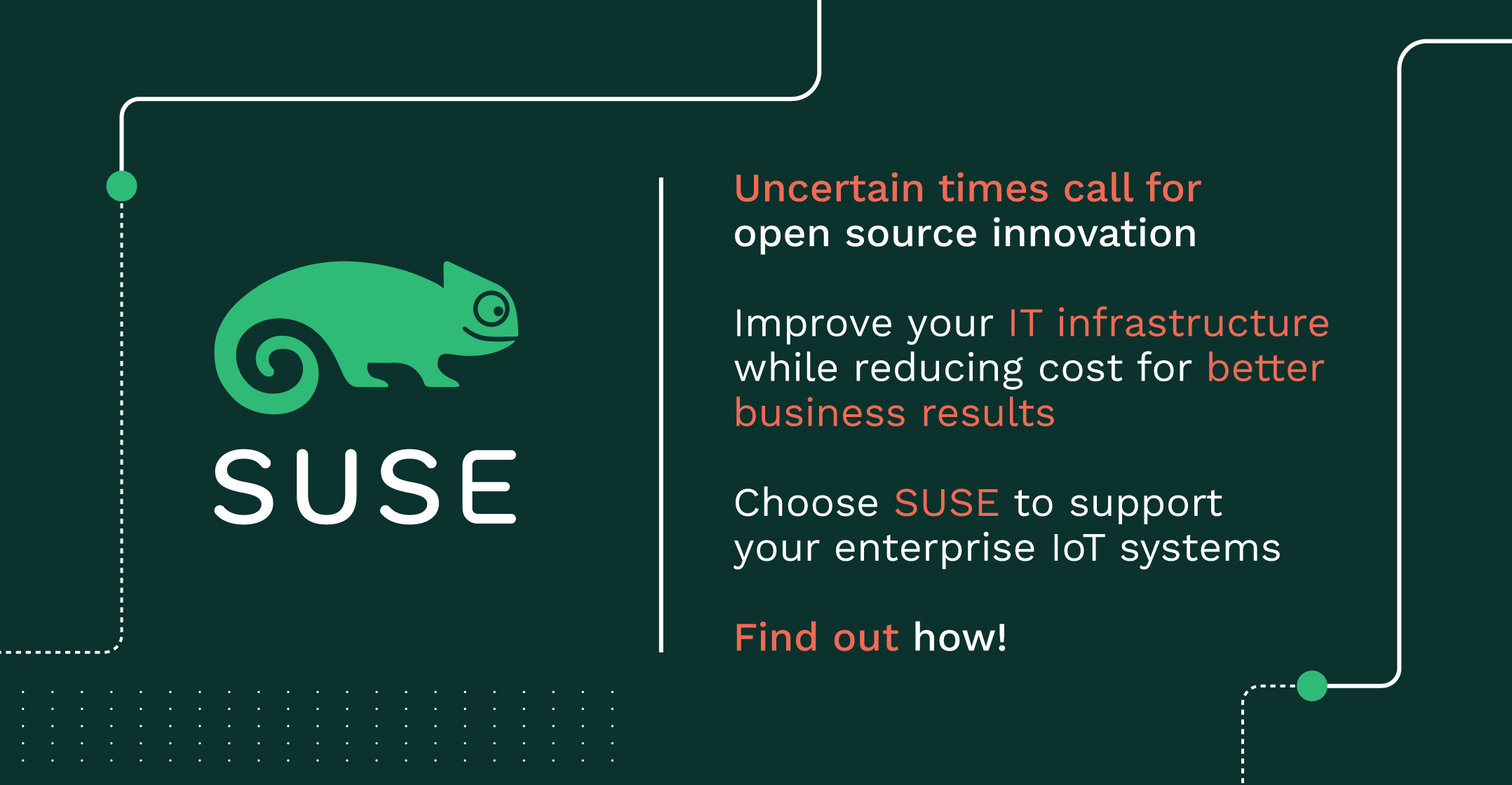TechCentral’s CxO Insights is a fresh look at the roles and careers that define the technology industry today. In this series, we’ll interview some of South Africa’s most successful, interesting and prominent individuals to find out how their roles evolved, the skills they need to succeed in these roles, and what has influenced or shaped their careers. These interviews provide an in-depth look into how technology is redefining the boundaries of career, skills and growth within the digitally transformed organisation.
In the fifth profile in the series, we get to know Fred Swanepoel, CIO at Nedbank. Swanepoel is private pilot who can escape the technology grind by, literally, going into the air. Swanepoel’s extensive list of qualifications and interesting world view make him a dynamic leader for the leading financial institution.

Digitisation is going so fast that it’s probably about to give the speed of light a run for its money, if you’ll forgive the cliché. Let’s face it, the past 10 years have been peppered with disruptive technologies and companies and industries. Entire ecosystems have been born within the arms of emergent technologies such as artificial intelligence, automation, deep learning and neural networks. The capabilities of technology have sprung from one unexpected moment to the next and have demanded immense agility and flexibility from organisations scrambling to keep up. In fact, according to Fred Swanepoel, CIO at Nedbank, speed is the one thing that defines digitisation today and it’s only going to get faster.
“If anything, the pandemic is speeding up the rate of digitisation considerably, accelerating the trend as organisations continue to find new ways of working within a closed-down world,” he adds. “It’s remarkable to think about how far we have come over the past few years and how rapidly transformation is sweeping across industry and innovation.”
The Internet, of course, was the first great step into this digitised world of change. It introduced ripples of transformation that shifted how people communicated their brands and ideas, and it changed the benchmarks of possibility. Suddenly, there was this new space where the business could stand in front of the customer and define itself on new heights. It was giddy.
“Now, the Internet is merely a part of the core foundations of what define digital transformation today,” says Swanepoel. “We’re building platforms and ecosystems that allow us to engage more deeply with our suppliers and our customers. Solutions that personalise communication, refine collaboration and move the market into entirely new dimensions. At Nedbank, we’ve built a super app, Avo, that allows us to instantly sign up businesses and suppliers, pulling them seamlessly into our ecosystem. It’s changed the way we all collaborate.”
CxO: Fred Swanepoel
Title: CIO at Nedbank
Role: CIO
Windows or Mac: Windows
Android or iPhone: iPhone
Best tech purchase: DJI Mavic drone
The same principle has been applied to Nedbank’s customer engagements – the company has developed a platform that allows for consumers to engage with the financial institution’s ecosystem in their own way. It’s a marked move away from the only point of contact being the bank teller at the end of a very long queue.
Nedbank’s omnichannel capabilities are enabling its clients to engage with the bank across multiple touchpoints without needing to visit a branch for a face-to-face engagement – eliminating lengthy waits.
“Digital capabilities are enabling organisations to radically rethink their footprints and their distribution and how they can insert themselves into the forefront of customer interaction,” says Swanepoel.
Fred Swanepoel recommended reads:
The Platform Revolution
By Geoffrey G, Parker and Marshall W, Van Alstyne
Goliath’s Revenge: How Established Companies Turn the Tables on Digital Disruptors
By Scott Snyder and Todd Hewlin
Good to Great: Why Some Companies Make the Leap and Others Don’t
By Jim Collins
Users are already on their devices. They’re all super users waiting for the right app or solution to fall onto their screen and revolutionise their interactions. This is the new frontier of digitisation that wants the back end to blend with the front end and remove the manual processes so that everything becomes interconnected and seamless. And this, according to Swanepoel, is where everything is going right now, at an increased pace.
“If you combine digitisation with what AI can do, then you have to ask yourself what comes next, what the next layer of customer interaction will become,” he says. “Can digitisation evolve to the point where we can anticipate what our customers want and tailor our offerings to match, rather than the current focus of mass customisation? Can we rethink industries and verticals? The future is interesting, but it is also challenging because the rate of digitisation is far faster than the rate of adaptation.”
It’s a thought – humanity is already struggling with the volume of change wrought by the pandemic, so the rapid digitisation that marks much of this change will need time to digest. What lies ahead is anyone’s guess, but two things are true – the times will be uncertain, and they will be exciting.
 Q&A with Fred Swanepoel
Q&A with Fred Swanepoel
TechCentral: What’s the most important part of your job?
“We have become educators.”
There is a digital revolution taking place and there is a need for a lot of education around what technology can do and how it can revolutionise the business. I believe that our role is to consistently educate the board and colleagues about how we can transform operations and manage investment in a volatile and uncertain economy. The CIO can assist on many fronts to help digitise the business and manage growth in complex times.
What’s your top tip for staying ahead in your field?
“Never stop learning.”
You have to be open to learning. In this fast-changing world, experience means nothing – all it does is allow you to discern trends earlier. We’re all novices, but to be ahead of the game you need to be able to hear the signal in the noise and the only way you can do that is to keep on educating yourself.
What’s the biggest trend impacting on your field in the decade ahead?
“Work is not a place you go to anymore, it’s what you do.”
The benchmarks have changed, and work is now what you do. This has changed approaches to how people work and what they want from their working lives. This is being further complicated by a new wave of connectivity that’s going to speed things up and reshape the way people work.
What was your first job?
“Junior lecturer at the University of Stellenbosch.”
I was asked to develop a curriculum for the accounting students in technology and then I was invited to become a junior lecturer in the accounting department on the topic of technology. I covered elements such as word processing and basic programming and spreadsheets for the accounting students.
What advice would you give to young people interested in pursuing a career in IT management?
“Find a sponsor or a guru.”
Find someone who can give you the right tips to help and guide you throughout your career, someone you admire. Not your direct line boss, but someone who can help you navigate big decisions and help you with your learning and making sense of the changing technology landscape.
Who do you most admire in business?
“Elon Musk.”
He’s conquered multiple industries in spite of resistance and exudes this raw entrepreneurial power. I also admire our own CEO, Mike Brown, for his calm vision and demeanour. — (c) 2020 NewsCentral Media




